Dogs, just like humans are prone to feeling depressed at any time. There might have been a single devastating occurrence, or small cumulative incidences that resulted in your dog getting depression, and it’s important that you look out for the warning signs so that you can cheer them up! Unlike humans, however, not all dogs are able to share with us their feelings through facial expressions. Unless you know your dog very well, you might not be able to tell right away if your dog has depression. In this blog post, we share more about some behavioural signs to tell when your dog is depressed, the causes for dog depression, and what you can do to cheer them up! Finally - on the bright side, while it’s not a rare occurrence that our dogs get depressed occasionally, it seldom lasts for over the long-term!
Signs of Dog Depression
Change in Appetite
One tell-tale sign of dog depression is appetite changes - whereby your dog loses interest in food over a period of time and even stops eating his or her favourite treat, or if your dog suddenly eats extra-quickly and much more than what he usually would (what we humans call, binge eating).
Licking of Paws
If your dog starts licking his or her paws excessively, it’s definitely a cause for concern. Paw licking and depression is typically linked to loneliness, and your dog thus licks his paws as a way to comfort himself. The catch here is that paw licking may also be a symptom of other physiological issues such as a paw pad injury or general discomfort, resulting in your dog licking his paws as a way to soothe their pain.
Hiding and Avoiding
Dogs are social animals and enjoy being in the company of other dogs and/or humans. For dogs, their family tends to be what matters most to them. If your dog starts hiding, avoiding contact and retreating away from family time, it may be due to depression.
Loss of Interest
If your dog no longer gets excited over playtime or going for walks (things that would usually get him excited), and instead prefers moping around alone, he or she might be depressed. This is coupled with a decrease in activeness and obvious slowing down in your dog’s usual pace.
Increase in Sleep
This is one of the hardest signs to notice, since dogs tend to sleep a lot (12 to 14 hours for an adult dog, and up to 20 hours for puppies) - so it might not be the best indicator. However, if your dog continues to sleep through mealtime and playtime, even ignoring your repeated calls when you know he definitely heard you, then something is wrong.
Causes for Canine Depression
Just as different things affect us humans, dogs are also affected by varying factors that could result in canine depression.
-
Change in Environment: if you’ve recently relocated (even if it’s to a bigger house), it might take some time for your dog to get used to it! While we commonly assume that our dogs would be happier with a larger living space, there are still spaces of comfort and familiarity that they associate with their home. Give them some time to get used to their new home, as dogs are generally quite adaptable and would accept their change in surroundings! Another environmental factor to consider is the weather - especially during the rainy seasons if your dog is fearful of thunder and the sound of rain.
-
Loss of a loved one: Dogs feel grief just as we humans do. Whether it’s someone in the family that they love, or another pet playmate - their departure from your dog’s life can have an adverse impact on your dog. As we all know, dogs are probably the most loyal creatures around so the loss of someone they have an attachment to will likely affect them and cause depression.
-
New family member / New pet: This is typically associated with your dog feeling jealous over the time you as the owner are spending with your new family member, be it a new partner or spouse, roommate or even your newborn baby! These feelings of jealousy tend to be amplified if you’ve brought home a new pet, as your dog might be worried about being replaced by the new furry addition. Not to worry though, as these feelings of jealousy tend to fade away as your dog spends time with the new addition to your household - and forms close relationships and bonds with him or her!
-
Your feelings: Whether you believe it or not, our pet dogs can definitely feel us when we’re upset or sad! Dogs are able to sense our sadness, and they tend to get affected by our state of mind. If you’re feeling sad, your dog might also feel depressed alongside you.
- New ownership: This final reason is a depressing cause in and of itself. We know that there are often unfortunate situations where a dog finds himself changing owners. Changing owners or even being passed over from a long-term owner to a new owner can cause the dog to feel neglected and unwanted, which then upsets him and causes depression. The less extreme version of this is when you leave your dog behind with someone he’s unfamiliar with and go for a vacation, he might assume the worst that you are giving him away. That’s why dogs separated from their owners sometimes exhibit signs of depression, refusing to eat and moping around without any direction in life. Not to worry, once your dog sees you - he’s likely to cheer up instantly!
What can I do if my dog has depression?
If you find that your dog has depression, we recommend that you take action if his physical health is affected (e.g. skipping too many meals, refusing to move at all). While dog depression usually doesn’t last long and can be resolved on its own, there are some situations when ignored that results in your dog’s well-being deteriorating. We don’t think there’s a one-size-fits-all answer to “curing” dog depression, and as the owner, you should use your gut feeling and understanding of your pet dog to determine the severity of your dog’s depression.
One way to deal with your dog’s depression is by spending more time with him or her. We all need a little comforting and coddling occasionally when we’re feeling down - our canine buddies are no different! Vary your activities with your dog, from spending a relaxing afternoon together, to some exercise time together! Try adding in some fun activities, such as playing with his favourite toy together, recapping his basic training with yummy treats, and even some off-leash fun at the nearby dog parks. The main point is to spend some bonding time with your dog to remind him of the happy times he’s had with you! Most importantly though, don’t be excessively affectionate as your dog needs his own space too!
If your dog is mourning the loss of his fellow pet playmate, you can also consider getting a new dog. Of course, we don’t mean that this new dog or new pet will be a replacement - every dog’s bond with another pet is unique, but the new addition can serve as a distraction and over time, your dog will form his own special bond with the newbie! (For obvious reasons, though, if your dog is depressed from having a new pet at home, then this is probably not a good solution to reducing your dog’s depression.)
And if nothing you do seems to help, a last resort is to take your dog to the vet. Depending on your vet, some might prescribe certain medications for dog depression - do take note however that most cases of canine depression can be successfully dealt with early on with proper care and love towards your dog, and you don’t necessarily need to use medicines to treat your dog. Also, all medications come with (unwanted and undesirable) side effects, so be sure to check with your vet before feeding!
At the heart of being a dog owner, it’s not always about knowing your dog best. Don’t feel bad if you realize that your dog has depression - it’s not your fault. What matters most is that you take the necessary steps after finding out that your dog is feeling sad or upset, to cheer him up and deal with his depression!


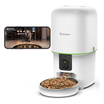


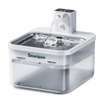




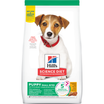



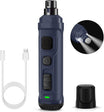
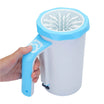
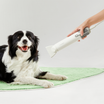
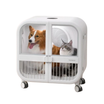


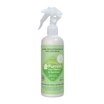
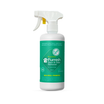
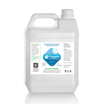








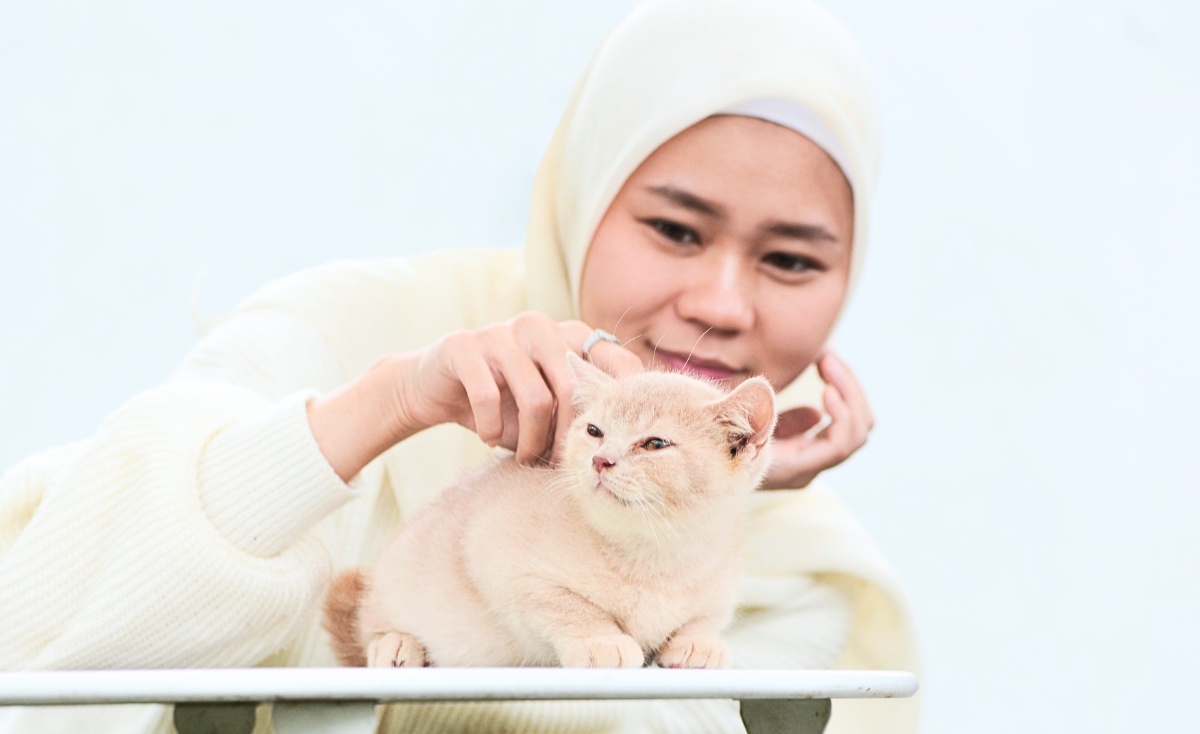








Leave a comment
All comments are moderated before being published.
This site is protected by hCaptcha and the hCaptcha Privacy Policy and Terms of Service apply.